I have created two Hive external tables (SQL query will work) which points to location where I need to compare two output.
I need to compare both tables and select unmatched records.
TableA
id sdate edate tag
S1 20180610 20180611 0
S2 20180610 20180612 0
S3 20180612 20180613 0
S5 20180612 20180613 1
TableB
id sdate edate tag
S1 20180610 20180611 0
S2 20180611 20180612 0
S3 20180612 20180613 1
S4 20180612 20180613 1
Required output
S3 20180612 20180613 0
S5 20180612 20180613 1
S4 20180612 20180613 1
Tried to write query by joining two tables but did'nt work for me.
Appreciate help on this
Thanks :)
